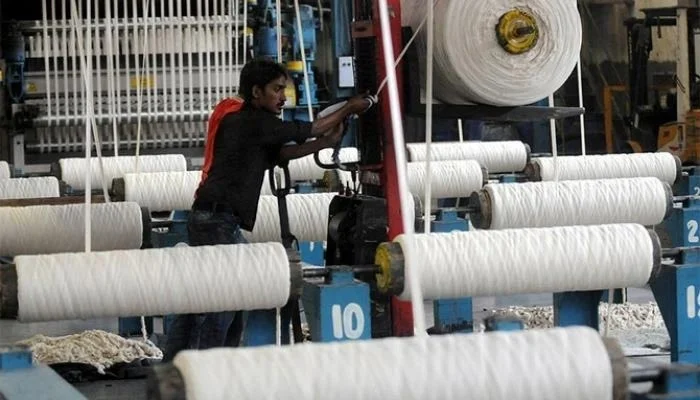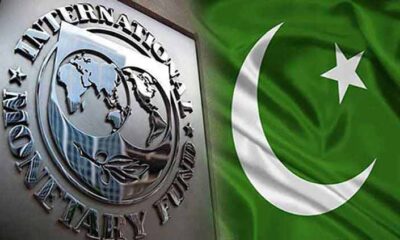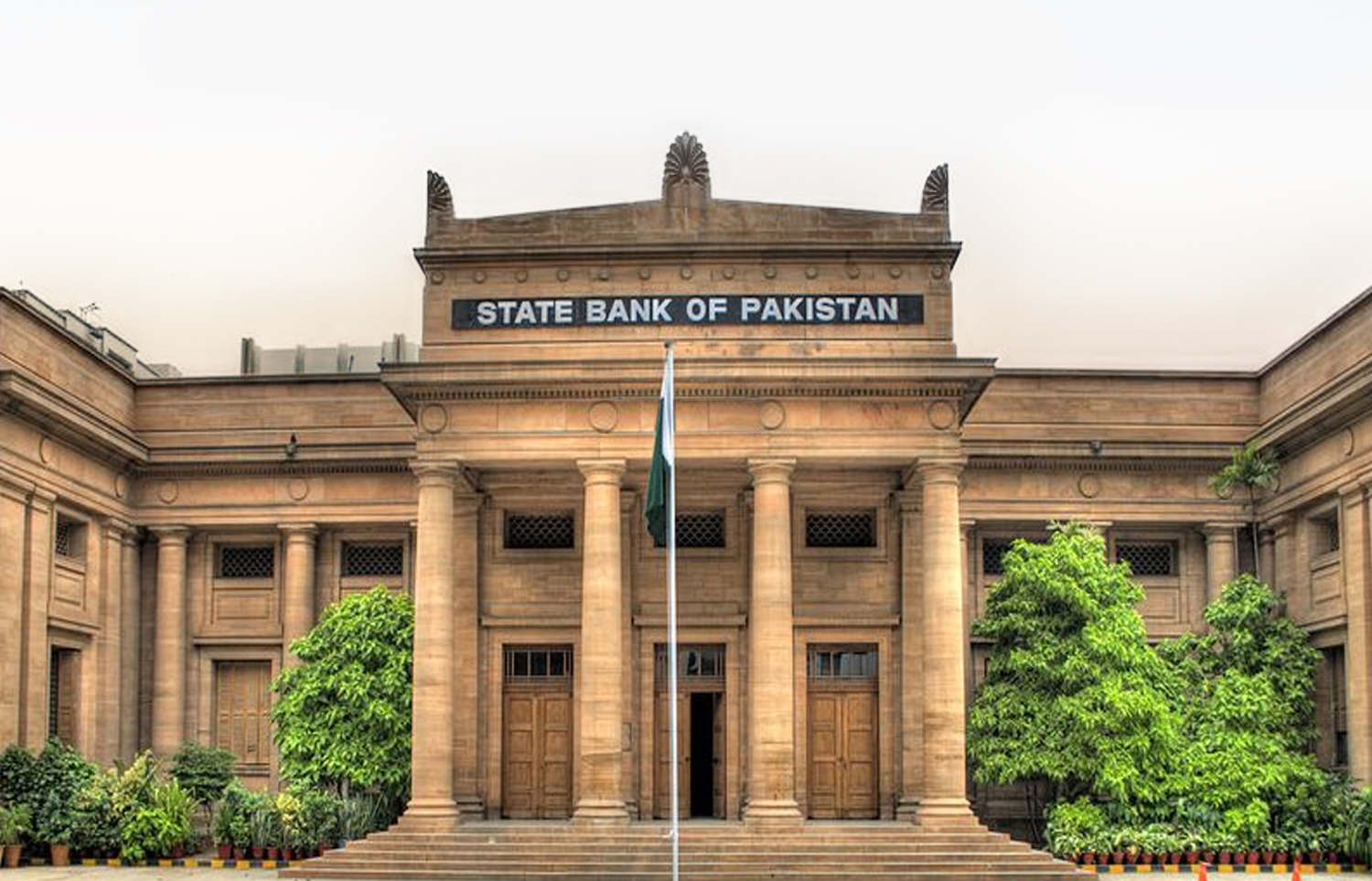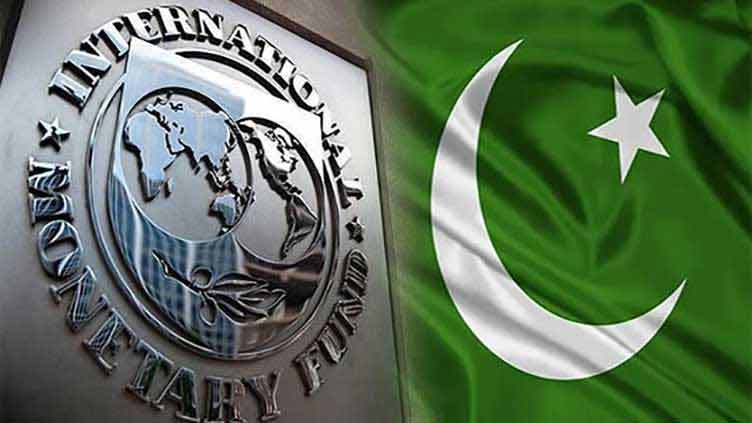- Pace of contraction sharpens to 11.59% in February.
- Both domestic and global factors have contributed to this decline.
- Decline is a significant concern for country’s economy.
ISLAMABAD: In an alarming development, the large-scale manufacturing (LSM) sector — which accounts for almost one-fifth of the country’s economic growth — contracted for the eighth consecutive month.
The pace of contraction sharpened to 11.59% in February compared to the same month of last year, data released by the Pakistan Bureau of Statistics (PBS) showed.
This decline is a significant concern for the country’s economy because of the LSM sector’s dismal performance, the gross domestic product (GDP) growth will also suffer a significant blow this fiscal year.
Industrial output witnessed a decline of 5.56% in the first eight months (July-February) of the ongoing fiscal year 2022-23 compared to the same period of the last financial year. Over the previous month (January), LSM output went down by 0.5%.
Both domestic and global factors have contributed to this decline, including high energy costs, rupee devaluation, and the government’s tightening of monetary and fiscal policies. These factors have limited imports due to a lack of dollars, contributing to the negative growth of the sector.
The global economic slowdown has added to the woes of industries in Pakistan, with many businesses scaling back operations or reducing operating hours, while others have shut down their plants. Ongoing economic and political instability in Pakistan has also been linked to the decrease in industrial output by independent political economists.
Uncertainty in the country has led to a decrease in investor confidence, resulting in a slowdown in manufacturing activities as well.
Moreover, the government’s inability to provide a stable and conducive environment for businesses has further worsened the situation, with investors hesitant to make long-term investments in the country. Combined, these factors have contributed to the ongoing nosedive of the LSM sector, which could impact Pakistan’s overall economic growth.
The LSM sector has witnessed a decline in production from August 2022 to February 2023, the breakdown shows:
- 0.02% decline in August,
- 2.7% decline in September,
- 7.63% decline in October,
- 6.15% drop in November,
- 3.51% decrease in December,
- 7.9% contraction in January 2023.
- 11.59% decline in February
All major and small sectors’ output contracted in February, including textile, food, coke and petroleum products, chemicals, automobile, pharmaceuticals, cement, fertilisers, iron and steel, furniture, leather products, electrical equipment, and non-metallic mineral products.
To combat soaring inflation, which clocked in at 35.4% in March, the State Bank of Pakistan (SBP) raised the discount rate to 21%. Since July 2021 when inflation was at 7%, the bank has raised the rate by threefold or 1,400 basis points, hindering industrial activities by making bank financing more expensive.
In FY22, Pakistan’s LSM sector grew by 11.7% over FY21, aided by rising global demand and favourable government policies to boost GDP growth, with big industries contributing a significant portion to the economy.
According to the PBS data, on a year-on-year basis, in February the following industries showed a significant decline:
- Textiles — 19.67%,
- Pharmaceuticals — 25.47%,
- Food — 2.43%,
- Garments — 2.99%,
- Non-metallic minerals — 1.33%,
- Iron and steel — 9.19%,
- Chemicals — 14% (of which chemical products output was up 2.96% while fertiliser was down 25%)
- Football output — 17.3%
- Machinery and equipment output — 28.45%,
- Automobiles — 64%,
- Computer, electronics, and optical products — 39.7%;
- Furniture — 12.7%,
- Cement — 3.4%,
- Wood products —74.85%,
- Tobacco — 10.6%,
- Rubber products — 4.88%,
- Coke and petroleum products — 6.35%,
- Leather products — 1.6%,
- Other transport equipment output — 31.2%,
- Cotton cloth — 17.7%,
- Cotton yarn by 30.1%
Output during the July-February fiscal year 2022-23 as compared to the same period of FY22 has increased only in wearing apparel (garments) by 35.5%, leather by 3.85%, furniture by 58.45%, and football by 35.8%.
During these eight months of the ongoing fiscal year, the outputs of the following industries declined:
- Food output — 1.95%,
- Beverages — 6.14%,
- Tobacco — 20.4%,
- Textiles — 14%,
- Wood products — 68.65%,
- Paper and board — 3.4%,
- Coke and petroleum products — 9.4%,
- Pharmaceuticals —22.4%,
- Rubber products — 7.3%,
- Non-metallic mineral products — 9.1%,
- Computer, electronics, and optical products — 25%,
- Machinery and equipment — 38.6%,
- Automobiles — 38.6%.
- Cement — 11.8%,
- Iron and steel — 3.9%
- Fabricated metal — 12.8%

 Latest News6 hours ago
Latest News6 hours ago
 Latest News7 hours ago
Latest News7 hours ago
 Latest News5 hours ago
Latest News5 hours ago
 Latest News5 hours ago
Latest News5 hours ago
 Business5 hours ago
Business5 hours ago
 Latest News5 hours ago
Latest News5 hours ago
 Latest News5 hours ago
Latest News5 hours ago
 Business6 hours ago
Business6 hours ago




















